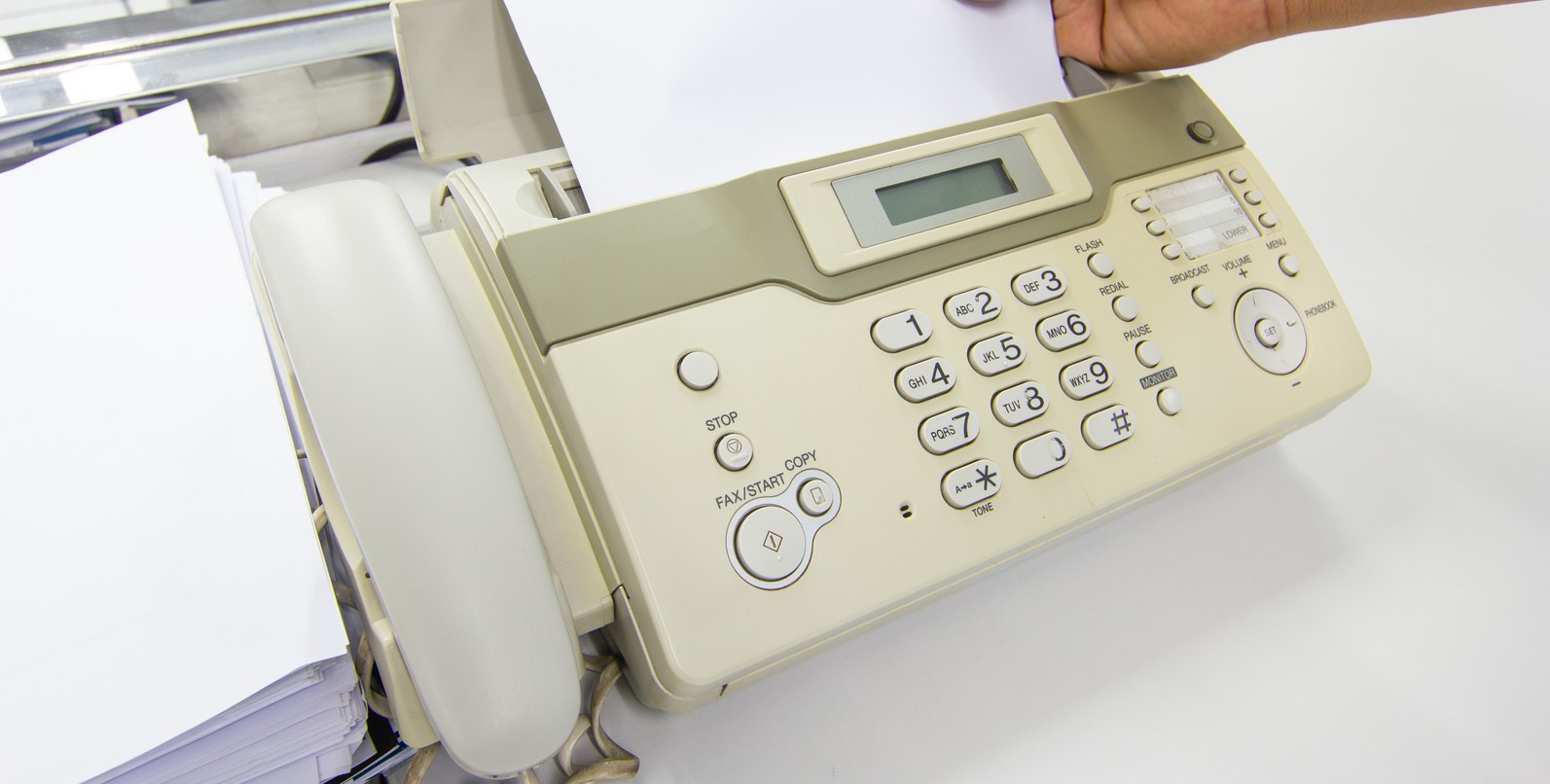Ideally, you and your accountant are more than just “adviser” and “client”.
With your combined skills, expertise, and shared mission to support a thriving business, you’re more like strategic partners.
The key to achieving success in any partnership is, of course, strong communication. At your next meeting, be sure to ask your accountant these four important questions.
1. What's my best strategy for increasing revenue?
Every business owner strives to improve profit margins – but the best way to quickly and/or sustainably grow revenue will vary from business to business.
When reviewing your financials, ask your accountant to pinpoint and suggest smart strategies for driving greater revenue. For your unique company that might mean focusing on new leads, encouraging customers to buy more frequently, incorporating cross-selling or up-selling, and/or re-thinking your pricing strategy.
When reviewing your financials, ask your accountant to pinpoint and suggest smart strategies for driving greater revenue. For your unique company that might mean focusing on new leads, encouraging customers to buy more frequently, incorporating cross-selling or up-selling, and/or re-thinking your pricing strategy.
2. How would you assess our financial performance this quarter/year?
It’s part of your accountant’s job to stay current with your company’s financial statements and reports (i.e. your balance sheet, income statement, profit and loss statement, and cash flow reports).
Some small business owners – especially those who lack confidence in their financial literacy skills – may only want to know the basics, in simplest terms. Let your accountant know you’d like a more thorough analysis of your finances when you next meet, and help understanding what the numbers mean.
Ask for key ratios, like your gross profit percentage, and an assessment of the big picture, drawing comparisons with past performance as well as trends in your industry.
Also ask for any insights your accountant might have into the reasons for new or surprising developments, and what you can do to correct areas where your business is falling short – as well as what actions you can take to continue any positive trends.
Some small business owners – especially those who lack confidence in their financial literacy skills – may only want to know the basics, in simplest terms. Let your accountant know you’d like a more thorough analysis of your finances when you next meet, and help understanding what the numbers mean.
Ask for key ratios, like your gross profit percentage, and an assessment of the big picture, drawing comparisons with past performance as well as trends in your industry.
Also ask for any insights your accountant might have into the reasons for new or surprising developments, and what you can do to correct areas where your business is falling short – as well as what actions you can take to continue any positive trends.
3. How can you help me grow my business?
Your accountant should be prepared to offer professional advice to help your business expand and grow over time.
Scaling a business can be tricky as it requires a company to do everything it must to keep their customers happy while adapting to change – such as new staff and new systems to accommodate a greater volume of customers.
Financial systems may need to change as your business expands; likewise, your company’s financial management may need additional support as you transition to a larger company.
Ask your accountant how you can best work together to facilitate smooth, sustainable growth with minimal disruption to operations, and for tips on how to successfully scale based on past experience with other small business clients.
Ask your accountant how you can best work together to facilitate smooth, sustainable growth with minimal disruption to operations, and for tips on how to successfully scale based on past experience with other small business clients.
4. What are your most successful clients doing?
Chances are your accountant serves as a trusted advisor to a number of clients – and therefore, will be privy to the inner workings of companies who are struggling and others who are thriving.
Neglecting to ask your accountant about their clients’ success stories is a missed learning opportunity. Even if a business has little in common with yours – operating in a different industry, or as a seller or products versus services – there’s value in learning what yielded impressive results for another company.
Alternately, you might ask your accountant how their clients overcame challenges similar to yours to help you brainstorm possible solutions.
Neglecting to ask your accountant about their clients’ success stories is a missed learning opportunity. Even if a business has little in common with yours – operating in a different industry, or as a seller or products versus services – there’s value in learning what yielded impressive results for another company.
Alternately, you might ask your accountant how their clients overcame challenges similar to yours to help you brainstorm possible solutions.
Final Thoughts
Your accountant is an incredibly valuable resource for your business – and not just at tax time. Be sure to check in every quarter so you have the up to date financial info you need, and your accountant’s professional advice when it comes to making key business decisions.


